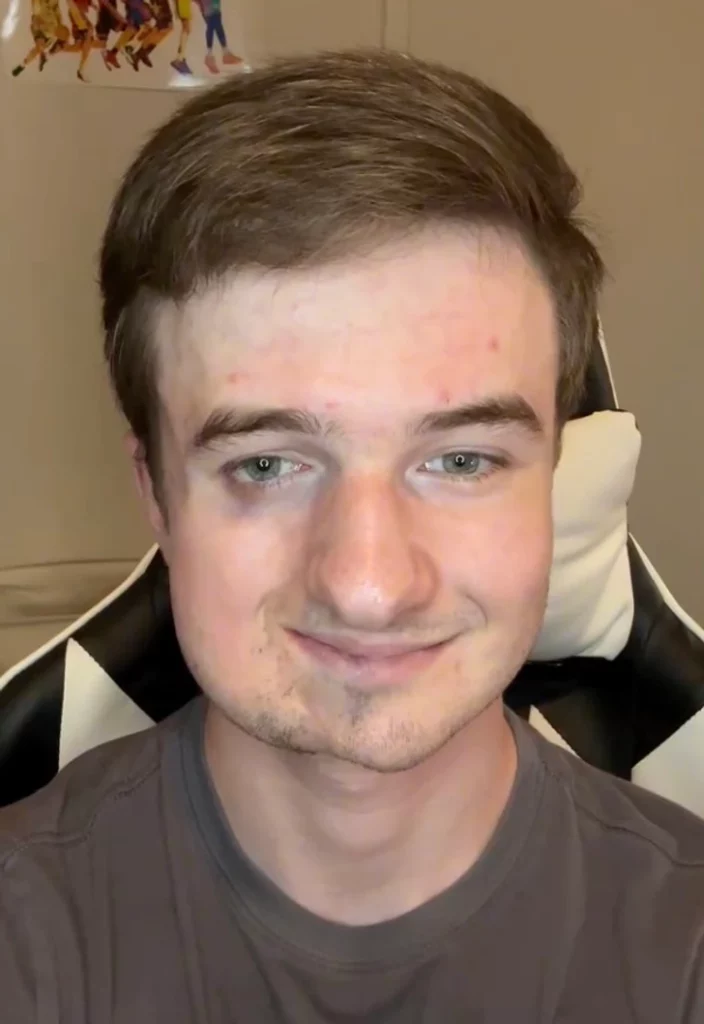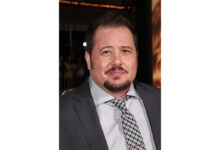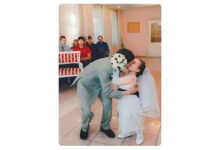Meet Lukas: The True Story of Parry-Romberg Syndrome and How He Looks Today.
We have all you need to know about the symptoms of Parry-Romberg syndrome, how rare it is, whether it can be treated, and how social media may help raise awareness for rare diseases. Lukas Caldwell, a 20-year-old with this unusual disease, has confronted these issues head on. Through his journey, he reveals what it’s like to live with Parry-Romberg syndrome, what therapies are available, and how his social media presence is helping to raise awareness and support for others.
Lukas was diagnosed with Parry-Romberg syndrome at the age of 7.

Lukas Caldwell, a 20-year-old college student from Nebraska, has been a source of hope and awareness for individuals suffering from uncommon neurological disorders, particularly Parry-Romberg syndrome (PRS). With 3 million TikTok followers and 102K Instagram followers, Lukas has converted his social media presence into an advocacy platform, sharing his personal journey and raising awareness about the difficulties that come with having a rare condition.
It all began when his mother spotted an unusual discoloration on the right side of his face. Lukas received a life-changing diagnosis after numerous doctor visits and a biopsy: a rare neurological condition that gradually deteriorates the skin and soft tissues on one side of his face. The National Institutes of Health defines PRS as a disorder that primarily affects the face, causing muscle, fat, and tissue to decrease, frequently resulting in obvious facial asymmetry. In Lukas’ case, the disease impacted the right side of his face, causing his features to gradually shift over time.
The disease typically begins in childhood and progresses over a period of years.

PRS is an uncommon disorder that affects around one in every 250,000 people, while exact figures are difficult to determine due to misdiagnoses or the condition’s rarity. Most cases affect only one side of the face, but in rare circumstances, both sides might be affected.
The causes of Parry-Romberg syndrome are not completely understood. Some physicians believe it is caused by an immunological response, while others feel it is genetic, but Lukas’ case is unique in that his twin brother, Ben, does not have the ailment. This shows that genetics may not be the most important component, and that other environmental or biological factors may also be involved.
Lukas faced the hardships of living with PRS from an early age. As his health worsened, he became more aware of bodily changes, particularly the appearance of his face in comparison to others. “The gradual change over time is just something that’s hard to get used to,” Lukas told me.
Lukas’ experience with PRS was not just a physical challenge but also an emotional one.

While his early years were filled with medical treatments, surgeries, and mental turmoil, Lukas found solace and strength in the love of his family, particularly his twin brother Ben. Ben was unaffected by PRS, and while Lukas’ illness made him feel strange, having his brother by his side gave him a feeling of normalcy and support. Ben served as a reminder of what Lukas may have looked like if he hadn’t been impacted by PRS, which provided him with both comfort and inspiration to keep going.
Lukas turned to social media during high school to document his experience with the rare neurological disorder.

His viral video with a symmetrical filter on his face inspired him to share his story on TikTok and Instagram on a daily basis, discussing his problems and treatments for facial symmetry, such as jaw surgery and fat transfer operations. This forum allowed Lukas to not only educate others about PRS, but also raise awareness about other rare diseases.
Lukas’ online following expanded, as did his ability to connect with others going through similar challenges. Many followers contacted out to share their own experiences, creating a supportive community around unusual diseases. Lukas fostered self-acceptance and taught others not to be ashamed of their uniqueness. He underlined the significance of accepting one’s uniqueness and how these conversations can aid in both physical and emotional recovery.
Lukas has openly shared his ongoing medical journey, including surgeries to address PRS.

He has chronicled everything from doctor visits to recuperation processes, leveraging his knowledge to mainstream discussions about medical procedures and promote self-care. He believes that his candor would encourage people to take care of their health, regardless of the condition they are in.
Lukas’ social media campaigning not only raises awareness of PRS, but also fosters empathy and understanding of rare diseases. His message promotes kindness, encouraging others not to judge solely on appearance but to acknowledge that everyone experiences difficulties. Lukas continues to inspire millions by demonstrating how social media can be used to effect change, establish community, and help people affected by rare conditions.

